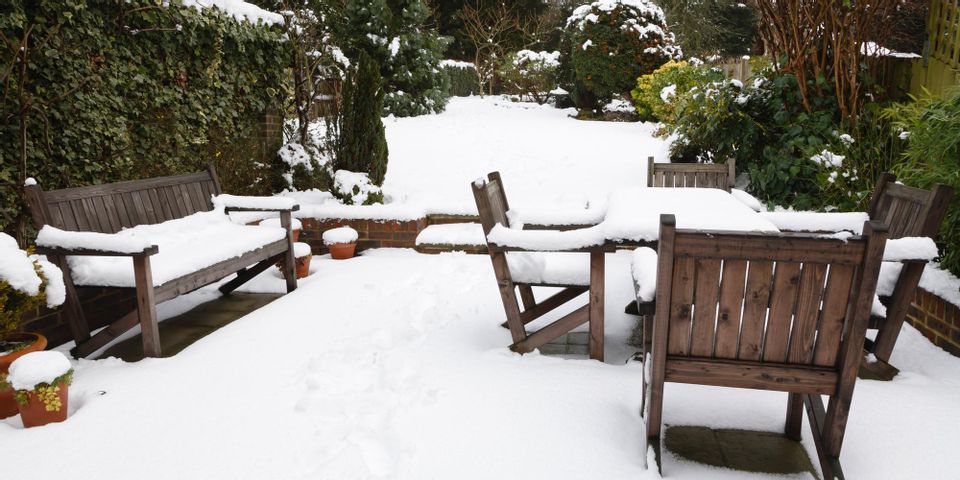
Septic tanks are something most people would rather not think about. Handling the messy debris of everyday life, they’re usually relegated to an out-of-sight, out-of-mind status. But without proper maintenance, septic systems can break down, leading to inconvenient repairs at the worst times. During the winter months, when holidays are crowding the calendar, septic failure is even more of a disaster. This guide explains why winterizing systems can help protect you against septic accidents.
What Does a Septic System Do?
Unlike city sewage plants, septic systems are entirely on homeowners’ properties. Wastewater from the house is piped below ground into a large tank. Here, solid debris settles to the bottom while the liquids are sent on to a leech or drain field.
Here, natural bacteria break down the contaminants. Eventually, the liquids rejoin the natural water table. At the same time, the sludge in the bottom of the tank is broken up by additional bacteria in the wastewater.
The system is built to strip used water of dangerous material before passing it back into circulation. As long as it is pumped every three to five years, it will continue to clean water effectively.
How Does Cold Weather Affect Septic Tanks?
 The microbes that work to clean dirty water are less active in cold temperatures. This means that chilly tanks are more prone to backing up.
The microbes that work to clean dirty water are less active in cold temperatures. This means that chilly tanks are more prone to backing up.
During wet winter months, the drain field can fill up with precipitation, leaving no space for the septic tank’s water to empty out. In severe weather conditions, the pipes leading from the home to the tank can freeze. This will cause drain overflow in the house.
How Can Common Winter Problems Be Avoided?
Lay down a few inches of mulch above the tank and drainpipes. This will keep the bacteria warm and prevent pipes from icing. Allow the grass above the leech field to grow from September onward. This provides a barrier against freezing and snowmelt.
The plant roots also help soak up excess moisture. Never plow snow onto or off of the drain field. A layer of natural snowfall is a good insulator in addition to mulch but moving heavy snow onto the field compacts the ground.
This makes it hard for the water to move through. Run warm water regularly throughout the day to help keep temperatures within the pipes and tank high. Don’t just constantly run warm water at a trickle. Small amounts freeze more easily, and constant flow is hard on the tank.
If you’ve run into septic tank problems, contact Johnny's A-1 Sanitation, LLC in Middletown, OH. Their professional crew has been helping area homeowners since 1949 and prides themselves on supporting their customers through any situation that may arise. With years of knowledge in working with septic systems of all sizes, they know how to identify problems and quickly provide solutions. Call (513) 988-5880 today to chat with an expert or read more septic tank tips on their website.
About the Business
(25 reviews)
Have a question? Ask the experts!
Send your question

